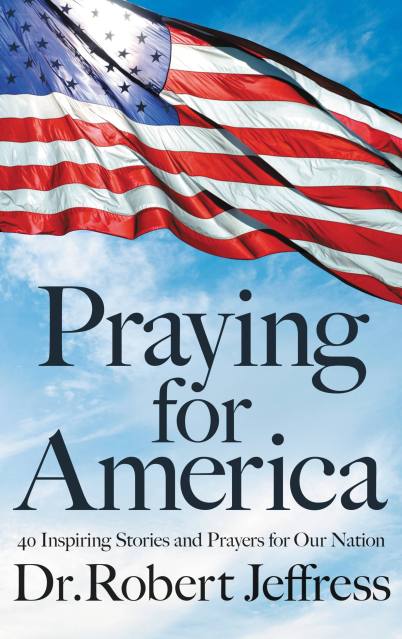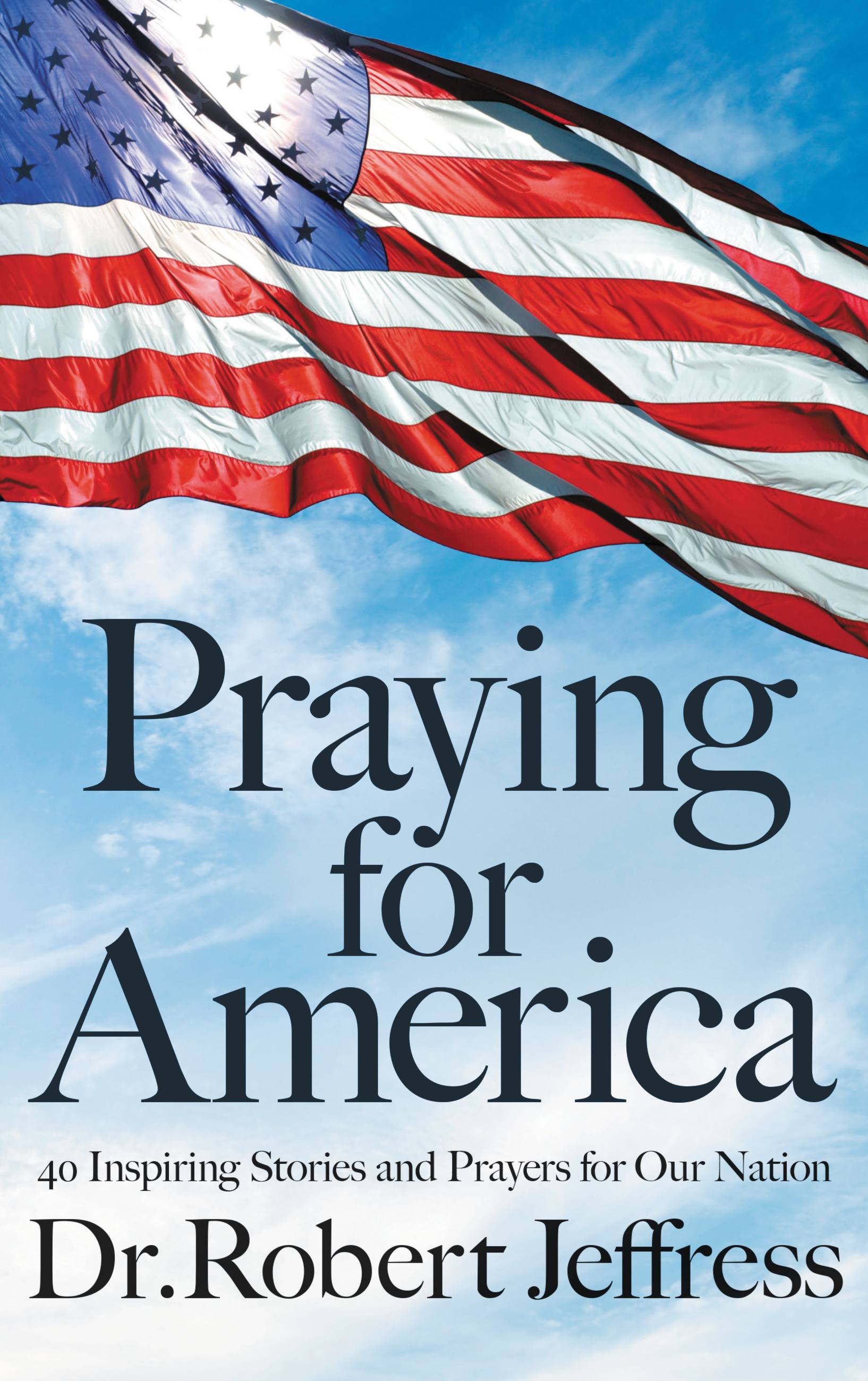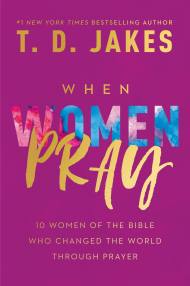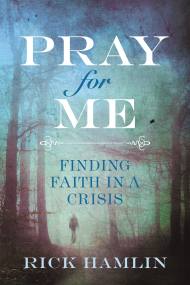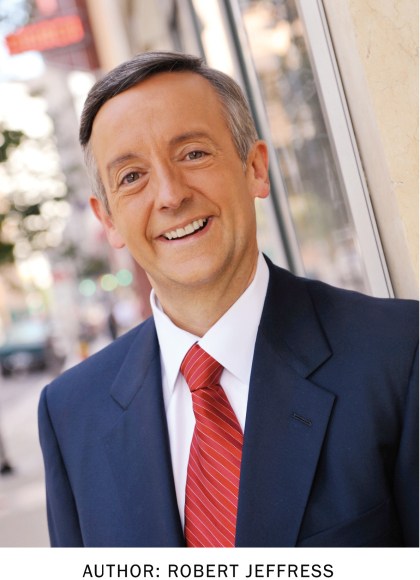By clicking “Accept,” you agree to the use of cookies and similar technologies on your device as set forth in our Cookie Policy and our Privacy Policy. Please note that certain cookies are essential for this website to function properly and do not require user consent to be deployed.
Praying for America
40 Inspiring Stories and Prayers for Our Nation
Contributors
Formats and Prices
- On Sale
- Jun 2, 2020
- Page Count
- 176 pages
- Publisher
- FaithWords
- ISBN-13
- 9781546017936
Price
$12.99Price
$15.99 CADFormat
Format:
- ebook $12.99 $15.99 CAD
- Hardcover $34.00 $44.00 CAD
- Audiobook Download (Unabridged)
This item is a preorder. Your payment method will be charged immediately, and the product is expected to ship on or around June 2, 2020. This date is subject to change due to shipping delays beyond our control.
Buy from Other Retailers:
Discover how to pray powerful prayers for God to bless and unite America in this inspiring guide from the Senior Pastor of First Baptist Church.
The most patriotic thing you can do for America is pray for America. In times of division and disaster, our country has a long history of turning to God. Robert Jeffress, the senior pastor of a 14,000-member church in Dallas, Texas, and a Fox News contributor, believes it should be no different today. “When we seek God’s help and pray about the issues that affect our lives,” writes Jeffress, “we influence the fate of our families, our churches, and our nation. It has happened before in history, and it can happen again.”
Each chapter of this uplifting book includes an inspiring story demonstrating the power of faith in the life of our nation, a prayer, and a relevant passage of Scripture to inspire and encourage you in praying intently for our country. In these increasingly divided times, Praying for America will serve as a very necessary and timely reminder that “In God, we trust.”
Newsletter Signup
By clicking ‘Sign Up,’ I acknowledge that I have read and agree to Hachette Book Group’s Privacy Policy and Terms of Use
